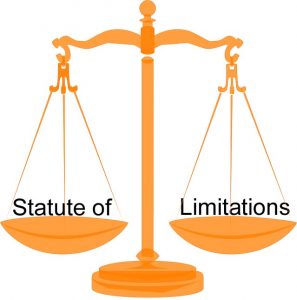In certain, limited circumstances, the harm caused by an individual’s criminal conduct could be outweighed by the harm that would come with compliance with the law. In such circumstances, which are rare, the necessity defense might be available to the criminal defendant.
Articles Posted in Defenses to Crimes
Encouraging a Suicide Could Lead to Involuntary Manslaughter Charges
Returning to the saga of Michelle Carter (an early blog post about her alleged crimes can be found here), the teen who allegedly encouraged her boyfriend, Conrad Roy, who was eighteen at the time, to commit suicide, can stand trial for the death of her friend, according to the Massachusetts Supreme Judicial Court. Boston.com recently reported that Carter will have to stand trial for involuntary manslaughter. Continue Reading
Potential Defenses to Disorderly Conduct Charges
In Massachusetts, disorderly conduct charges are a serious criminal law matter that should never be taken lightly. Many people find themselves facing charges like these when they act out in public, engage in a fight, or annoy or taunt the police. Being convicted of a disorderly conduct charge can result in a criminal record, which can cause you difficulties when you try to apply for certain jobs, apply for green cards and other immigration documentation, or when you apply to schools and other educational programs. If you are facing these charges in Massachusetts, you should have an experienced criminal defense lawyer aggressively fight the charges against you. Continue Reading
What is Criminal Accord and Satisfaction?
There are a handful of minor crimes that can be dismissed at a judge’s discretion when the victim requests that the charges be dropped in Massachusetts. Specifically, certain misdemeanors, such as assault and battery and domestic dispute charges, which the defendant could also be liable for in a civil action, are eligible for what is referred to in Massachusetts as a criminal accord and satisfaction under M. G. L. Chapter 276 Section 55. An accord and satisfaction is not an admission of guilt, but rather it is a form of resolution that can get criminal charges dismissed. Continue Reading
Criminal Defenses: When the Statute of Limitations for a Crime Has Run Out
As a general rule, whenever a criminal charge is brought against a defendant, the charge is subject to a statute of limitations. A statute of limitations is a period of time that is provided by law in which the charge for a particular crime must be brought against the defendant, or else foregone. When charges are not brought within the designated time period, the charges are barred. It makes good sense and good public policy to require prosecutors to bring a case in a timely fashion, so that evidence such as DNA or fingerprints is still available, witnesses’ memories are still fresh, and defendants are not unfairly or unreasonably years and years after the alleged crime took place. Continue Reading
 Massachusetts Criminal Defense Attorney Blog
Massachusetts Criminal Defense Attorney Blog






